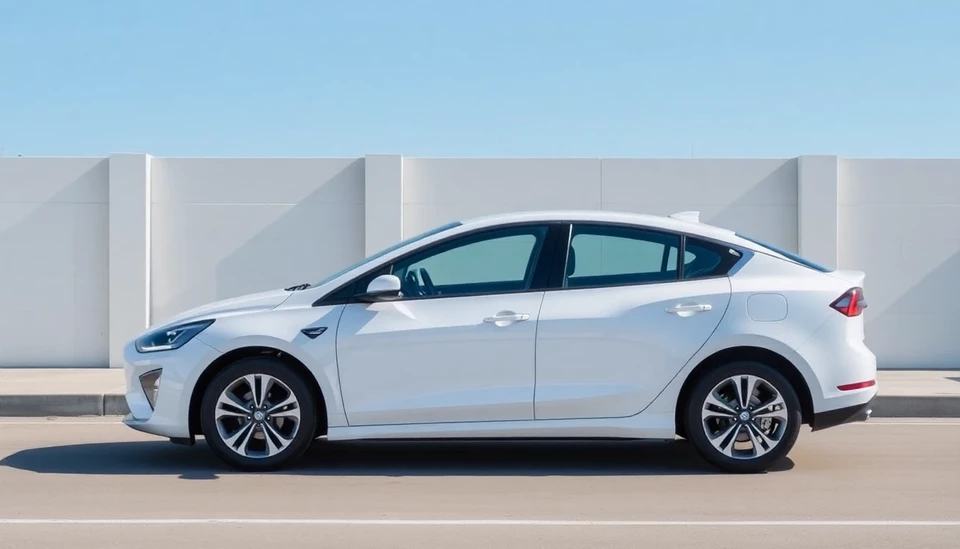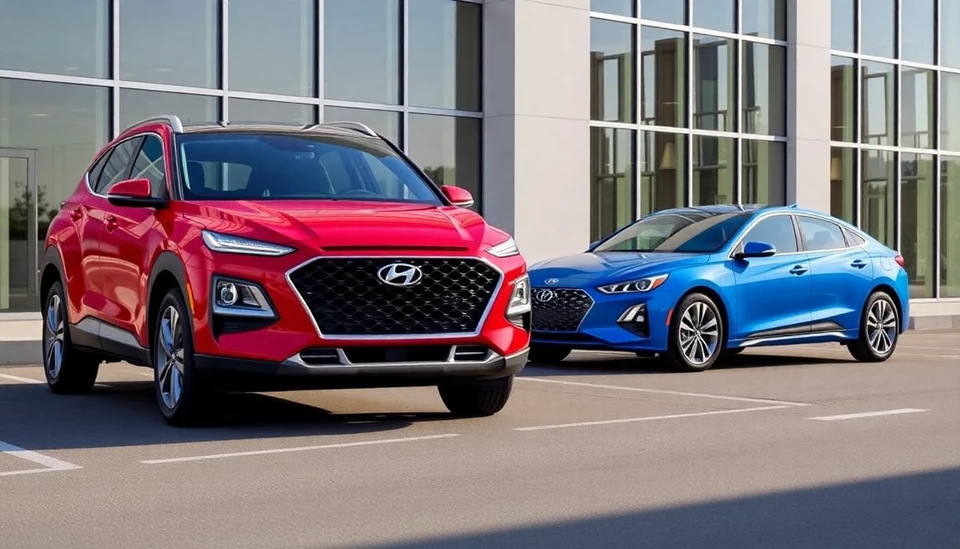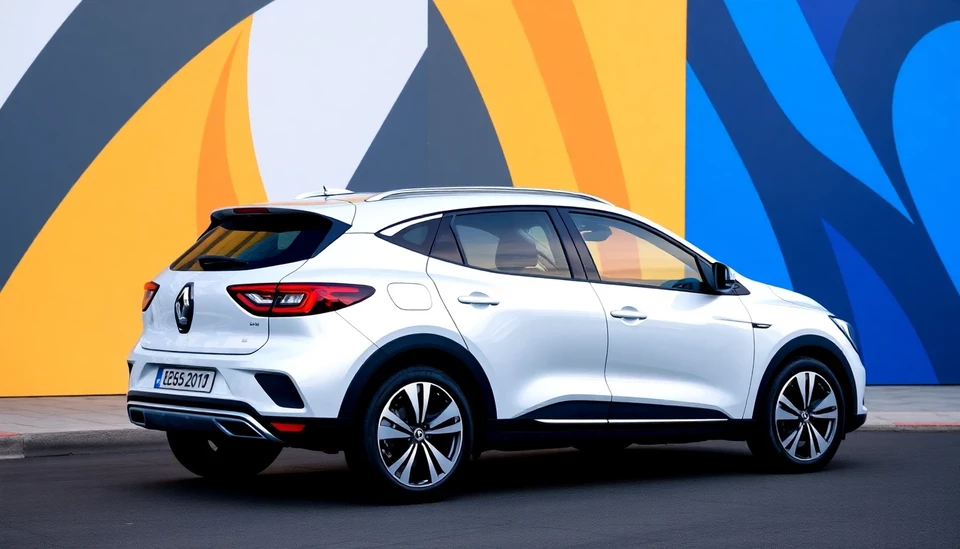
In a recent survey, electric vehicle (EV) owners have demonstrated a remarkable affinity towards their battery-powered vehicles, indicating that loyalty among this group is not merely superficial. The findings underscore a growing attachment to EVs, driven by a combination of factors including performance, environmental consciousness, and overall satisfaction with the vehicles available on the market.
The survey, conducted by a notable auto industry research organization, included responses from a diverse demographic, capturing perceptions spanning various age groups, income levels, and geographic regions. A striking 82% of current EV owners expressed that they are likely to purchase another electric vehicle in the future. This strong inclination signifies a positive shift in consumer attitudes towards EV technology, contrasting sharply with previous market sentiments that often included hesitance or skepticism about electric options.
One of the key reasons for this loyalty appears to be the growing satisfaction with the performance and reliability of EVs. Many respondents highlighted improvements in battery technology and the overall driving experience, which have dramatically evolved over the past few years. As manufacturers continue to innovate, offering enhanced range and faster charging options, potential buyers are finding it increasingly difficult to consider alternatives like gasoline-powered vehicles.
In addition to performance, environmental concerns play a significant role in solidifying loyalty among EV owners. Many participants in the survey cited their commitment to reducing carbon footprints and embracing sustainable practices as critical motivators behind their choice to go electric. The notion of contributing to a cleaner planet resonates deeply with this demographic, further anchoring their loyalty to battery models.
The survey also revealed that the availability of charging infrastructure has been a positive factor influencing EV owners' decisions to stick with electric vehicles. As the nationwide landscape for charging stations continues to expand, anxieties regarding range anxiety diminish, encouraging even greater acceptance of EVs among the general public. This trend signals a promising future for the electric vehicle market as reliability and convenience remain paramount.
Interestingly, the survey uncovered that while loyalty to battery-powered models is abundant, the attitudes toward brands varied significantly. Some respondents indicated they would be more likely to stick with a familiar name they trust, while others expressed a willingness to explore new and emerging brands that offer cutting-edge technology and design. This aspect of loyalty underscores the dynamic nature of the EV market, where brand reputation and innovation are critical in maintaining consumer interest.
As automakers scramble to enhance their offerings, the implications of these findings are profound. The expanding consumer base that values sustainability, performance, and convenience presents a lucrative opportunity for manufacturers to invest further in electric vehicle technology and innovation. Moreover, the loyalty expressed by existing EV owners will likely have ripple effects on the broader automotive industry, compelling brands to adapt and evolve in order to meet changing consumer preferences.
In conclusion, the survey indicates a robust loyalty among electric vehicle owners towards battery models, rooted in satisfaction with performance, a commitment to environmental stewardship, and an increasingly accessible charging infrastructure. As the market for electric vehicles continues to grow, manufacturers will be called upon to respond to this loyalty with ever-improving products that resonate with the values and needs of their consumers.
Ultimately, the trajectory appears promising for the future of electric vehicles, with the survey illuminating not only current trends but also painting a hopeful picture for the industry's evolution in the coming years.
#ElectricVehicles #EVLoyalty #Sustainability #BatteryTechnology #AutoIndustry #ConsumerTrends #FutureOfTransportation
Author: Sophie Bennett




